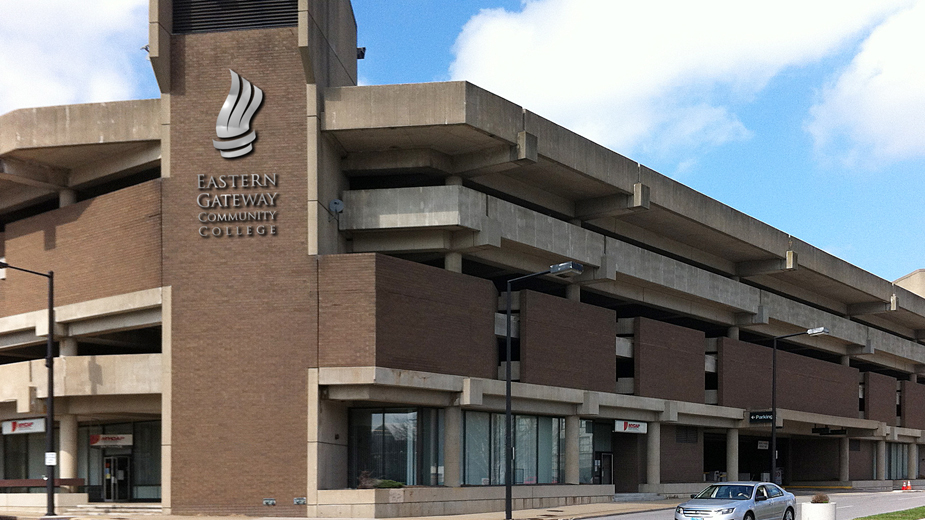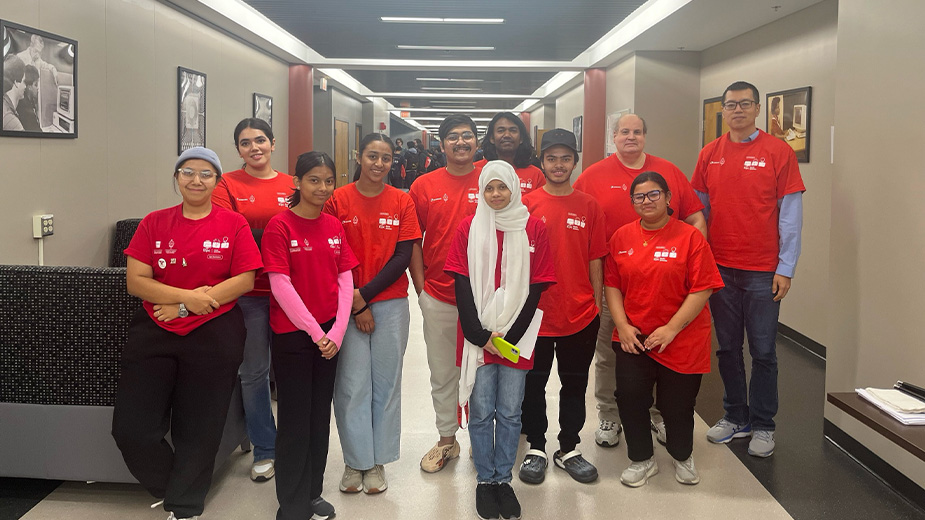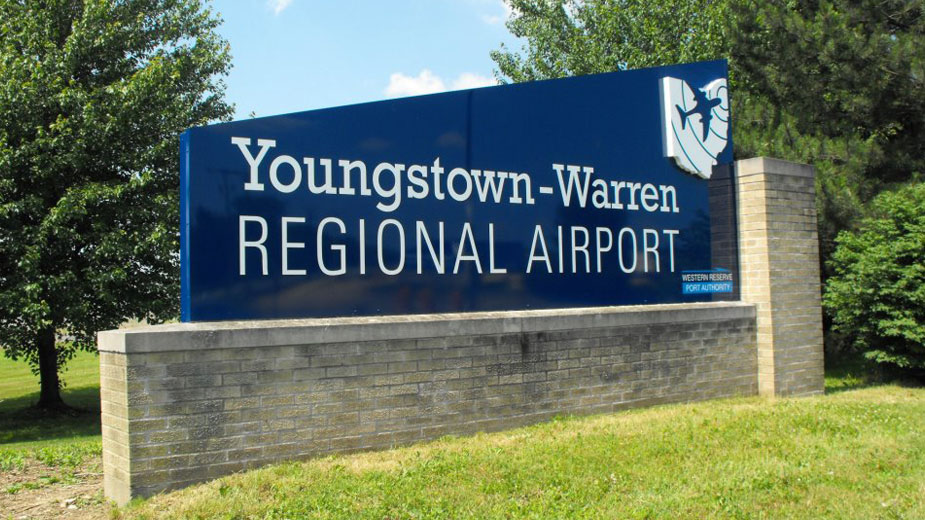HB 70 Opponents Weigh Taxpayer’s Lawsuit
YOUNGSTOWN, Ohio – Opponents of the plan to turn control of Youngstown City Schools over to a CEO say they are looking into filing a taxpayer’s lawsuit.
Jaladah Aslam, president of the Youngstown Warren Black Caucus, said Tuesday afternoon she is gathering additional information on the timeline of events that led to the state Legislature passing House Bill 70 and “talking to an attorney.”
She plans to meet with attorneys in Cleveland to look not only at a taxpayer lawsuit but whether any constitutional rights were violated, she said.
HB 70, signed by Gov. John Kasich, creates the Youngstown Plan, which essentially takes control of the school district board of education and cedes it to a CEO to be appointed by a new five-member panel. Among the CEO’s powers is making the decision to close failing schools and allow them to reopen as charter schools.
The Youngstown City Schools Business Cabinet working secretly with state education officials and the governor’s office crafted the plan, attached as an amendment to the 11-page H.B. 70 that addressed community learning centers.
The Business Cabinet was led by Tom Humphries, president and CEO of the Youngstown Warren Regional Chamber and included Jim Tressel, president of Youngstown State university; Connie Hathorn, former Youngstown schools superintendent; and Laura Meeks, who recently retired as president of Eastern Gateway Community College
Aslam is looking into the particulars of how the bill was drafted and passed “and the fact that this bill was attached to another bill already in process as an amendment without a first reading on it,” she said.
“They’re claiming you’re supposed to have three readings. They did it and attached it to the original House Bill 70,” she continued. “There was no time for anybody to respond because nobody knew that [the Youngstown Plan] was on it.”
Another problem is “this idea of taking moneys earmarked for public entities like a school system and the governor taking it and sending it somewhere else,” she said.
“We know they’ve done it on some occasions but when voters pass a school levy, they pass it for that district. They don’t pass it for them to take that money and send it to private schools or charter schools,” she continued. “We really want to hear from court whether or not that’s valid.”
Aslam was among the participants in a press conference and rally staged in front of the First National Bank Building downtown. The offices of the Regional Chamber are on its 16th floor.
The Community Leadership Coalition on Education and the Youngstown Education Association organized the rally.
About 75 individuals attended. Many carried handcrafted signs critical of the legislation and the individuals credited – or blamed – for drafting the plan, including Humphries, Tressel and Kasich. One sign noted that none of the three has children in the city schools. A few alluded to Kasich’s campaign for president, including one that warned the governor’s actions would be remembered in 2016.
“Tom Humphries said he selected people to participate in this cabinet who he thought cared about Youngstown schools,” Aslam said. “How is it possible that teachers were left out of that conversation? … How can you have a conversation without one parent [of a Youngstown City Schools student] at the table?”
The intent of the governor and chamber is to shut down the city schools and send that money to charter and private schools, she asserted.
“One has to question the motive of those who plan secretly, behind closed doors, for any proposal, let alone an important piece of legislation. One has to question any group that creates a plan for student success that fails to invite any of the experts or stakeholders to take part in that discussion,” said Paula Valentini, YEA vice president and a second-grade teacher in a city school.
Identifying herself as a teacher in Youngstown 28 years, Valentini said student success happens when teachers, parents and the community are empowered. “Unfortunately, that kind of empowerment hasn’t existed in Youngstown for nearly 20 years due to both fiscal emergency and the academic distress commission taking over our district,” she stated.
Nothing in the plan for the Youngstown schools adopted by the state calls for initiatives that lead to student success, she charged. It simply lays “the ground work” to dissolve the district.
During a meeting with reporters following his state of the university address yesterday morning, Tressel disputed the assertion that the Business Cabinet met in secret.
“Minutes were taken of the meetings,” he said. “When you’re doing secrets, you don’t take minutes.” During the meetings, he said, everyone in the room talked about “what can we do to help the kids?”
All the metro schools in Ohio have the same problems Youngstown faces, Tressel said.
“All along, one of the things I asked them, was this just about Youngstown?” he said. “Because I look at our numbers, and our numbers aren’t that much different than the other metro schools — not that they’re good enough — and we were always given the understanding that this is about the model [that] needs to change,” he elaborated. “I’ve been in nearly every inner-city school district in the state, and we need to do something differently.”
In an interview with The Business Journal last week, Humphries said he does not believe HB 70 is the first step toward privatization of the city schools. He said the district has 10,000 potential students but half of them have either enrolled in charter schools or elected open enrollment in suburban districts.
“I really think that this [HB 70] will stop the bleeding,” he said. “There are 5,000 potential customers that we can attract back once we turn the school district in the direction that the administration and the teachers and the parents can support.”
RELATED:
Humphries Says Business Community Solidly Behind Him
‘3 Minutes With’ Tom Humphries
Pictured: The Rev. Ken Simon leads a protest Tuesday against HB 70.
Copyright 2024 The Business Journal, Youngstown, Ohio.



